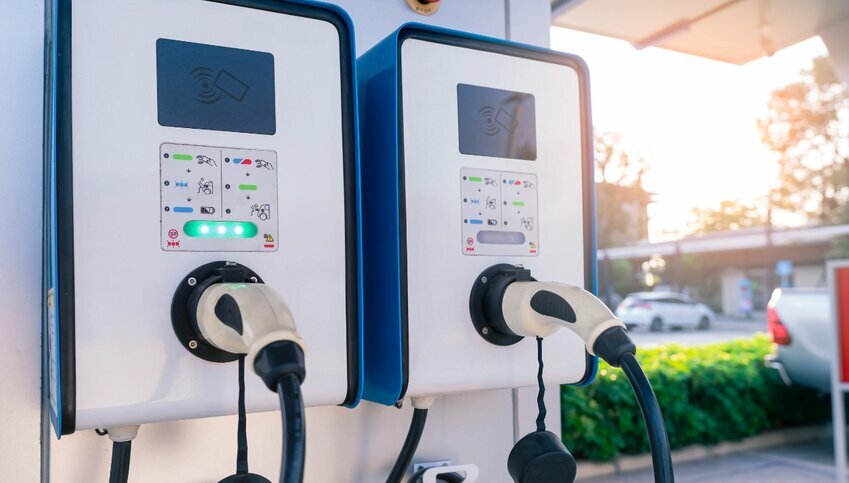 (Credit: Canva Pro)
(Credit: Canva Pro)A recent study by Expert Market reveals that a mere 5% of surveyed fleet managers in the United States have made significant progress in electrifying their fleets.
The shift towards electric vehicles (EVs) has been a popular topic in the transportation industry, with an increasing focus on sustainability and carbon neutrality. As indicated by Expert Market’s recent study, there are still a number of challenges being faced by fleet managers in embracing electric mobility.
According to the Expert Market survey, 5% of fleets have either fully or nearly transitioned to electric vehicles. The remaining 95% are at various stages of the electrification process, with 65% yet to take any action and 30% having made some progress in transitioning.
The most significant obstacle to adopting electric vehicles in fleets is the upfront cost of electrification. About one-third (33%) of surveyed fleet managers cited the upfront cost as the primary deterrent. This cost encompasses retiring existing vehicles, purchasing EVs, and incurring indirect expenses, such as retraining drivers and staff to work with electric vehicles.
To facilitate the transition to EVs, the majority of fleet managers (74%) believe that the government should offer greater financial support. With the manufacturing industry outpacing the demand for electric vehicles, some dealerships are experiencing an accumulation of EVs. Fleet managers argue that financial incentives and subsidies could help alleviate the upfront costs, making the transition to electric fleets more viable for businesses.
Beyond the environmental benefits, transitioning to electric vehicles can yield significant operational cost savings for fleets. Many businesses have already adopted technologies like fuel cards and telematics to reduce operational expenses.
However, fuel prices' volatility continues to be a concern. EVs, on the other hand, can provide more stable and cost-effective operational solutions as electricity prices tend to be less volatile than fuel prices.
Alice Martin, senior writer at Expert Market, said that while fleet managers recognize the advantages of electric and hybrid-electric vehicles, the upfront costs remain a significant challenge.
She emphasized that immediate economic constraints, such as fuel costs and driver training, coupled with the ongoing driver shortage, have impacted the prioritization of electrification. Martin adds that the U.S. is lagging behind other countries in the race towards carbon neutrality, and most fleet managers feel that financial support from the government is essential to encourage more businesses to switch to electric vehicles.
The Expert Market survey indicates that only a small percentage of fleets have embraced electric vehicles, while the majority of businesses face barriers related to upfront costs. As businesses continue to focus on sustainable practices, greater government support and financial incentives could be the catalyst needed to accelerate the transition to electric fleets.